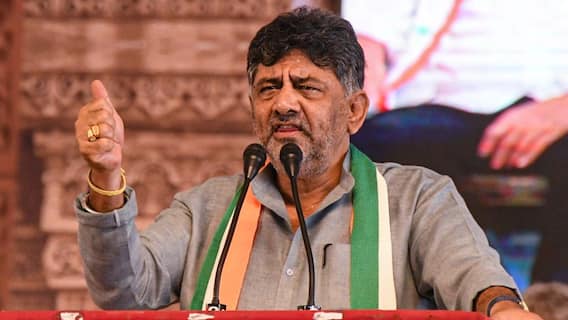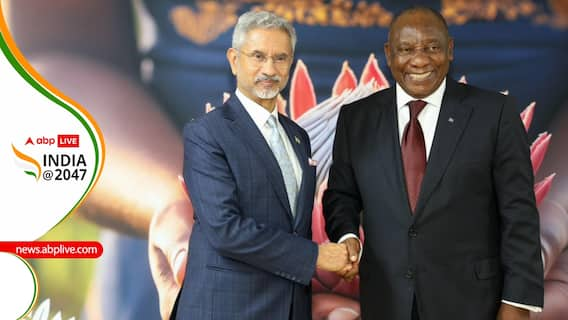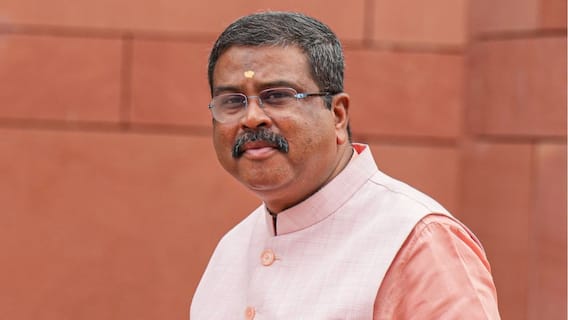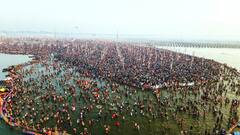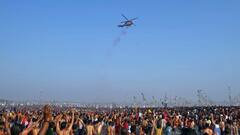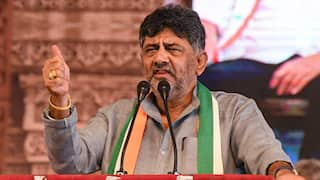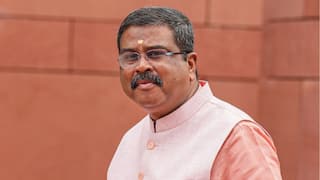Natural Farming Conclave: Surat Farmers To Share Success Stories With PM Modi Today
Around 75 farmers identified in each gram panchayat were trained in 90 different clusters that resulted in more than 41,000 farmers getting trained across the district, the PMO said

New Delhi: Prime Minister Narendra Modi will address farmers in Surat during a Natural Farming Conclave on Sunday through a video conference at 11.30 AM. Gujarat chief minister Bhupendra Patel and governor Acharya Devvrat will also attend the event. The conclave will witness the participation of thousands of farmers and stakeholders in Surat have made the adoption of natural farming in Surat a success story, the PMO said in a statement.
Earlier in March under the Amrit Mahotsav of Azadi celebration, Modi addressed a Gujarat panchayat congregation in March that had asked at least 75 farmers in each village to adopt natural farming.
Inspired by this vision of the Prime Minister, the district took efforts to motivate different stakeholders and institutions including farmer groups, elected representatives, agriculture produce marketing committees, cooperatives, and banks to sensitise farmers.
Under the initiative, at least 75 farmers were identified in each gram panchayat and trained for natural farming. The farmers were trained in 90 different clusters resulting in the training of more than 41,000 farmers across the district, the PMO said.
What's natural farming?
Natural farming is a traditional indigenous livestock-based agricultural practice that puts an end to all kinds of externally purchased inputs like chemical fertilizer or pesticides as well as organic fertilizers like vermicompost, organic manure, biofertiliser, bio-pesticides with an aim to reduce the cost of farming thereby offering benefit mostly to small and marginal farmers. However, the transition to natural farming requires large-scale access to natural farming techniques as farmers shift from traditional fertiliser and pesticide-based systems to a system where no inorganic chemical is added to the farm.
The emphasis is laid on the exclusion of all synthetic chemical inputs and promoting on-farm biomass recycling with major stress on biomass mulching, use of cow dung-urine formulations, and other plant-based preparations.
Trending News
Top Headlines











